The Interview: |
| About Denise: Soda and wood-firing potter, and adjunct professor, making primarily functional ware. What inspires the imagery for your Mishima carving? "I have a number of sources of inspiration. I love to garden, so I use a lot of floral imagery. I am fascinated by textile design and graphic design as well, and often find myself using patterns I see in fabric or a random online design as a starting point for a design to carve." At what stage do you do the Mishima carving? "I do my carving at leather-hard. I feel like there are a few stages of leather hard, so I would say it’s more of a hard leather hard (parmesan cheese, not cheddar)." What tools do you use to do the carving? "Initially, I tried using an Exacto blade. Kudos to those who have success with this tool. I couldn’t manage to get the curves I wanted using it. After trying numerous already existing tools, and not getting the line quality I wanted, I researched a number of metal tips in multiple industries for all types of purposes. I settled on one I really liked. I was excited that the tip was threaded and could be replaced without replacing the whole tool. I then asked my friend, master tool-maker Troy Bungart, if he would collaborate on a custom tool for me. After sending back and forth a few revisions, we came up with one I really like. I will be selling them at The Roomshow at NCECA in Richmond. You can also contact me to order one directly." Why do you like Mishima in soda firing? "My designs, and my work, tend to be fairly controlled. I like using Mishima in soda, because it partially bleeds the inlaid underglaze onto the surface of the work in unexpected ways. Sometimes, it will leave an outline around my carved imagery. I think the atmosphere helps loosen my otherwise tightly controlled work." What are the advantages of Mishima in light or heavy soda application, and which do you prefer? "I like both for different reasons. Light soda preserves more of my designs while still offering some softness to the line, which can be really striking. If I spend a lot of time on an overall design, it may be preferable. Heavy soda may even obscure parts of my design. That said, I love the contrast of heavy directionally applied soda. I can stack my work to ensure that the parts of the work I want to receive the most soda do when firing this way. This allows me to get the best of both worlds, by having a heavy juicy gray soda side and a lighter, orange flashed side. My goal in these effects is to mimic the way sunlight, just before sunset, creates long heavy gray shadows while illuminating surfaces still in its path." |
| Thanks Dense for sharing about your mishima surfaces in the soda kiln! Find more information about Denise at: www.kilnjoy.com Instagram: @kilnjoy, @theroomshow |
Take me to the Archive of Soda Fire Blogs
Bonus!
| Denise's Flashing Slips
| Denise's Clay Bodies
|
Here on my blog I share behind the scenes, events, and activities related to my art.
Categories
All
Art Exhibition
Behind The Scenes
Coffee + Tea
Collect Art
Customer Reviews
Events
Flowers + Plants
Food
Home Decor
Inspiration
Mug Adventures
New Art Work
#PotsandMemories
Pots In Use
Press
Seasons + Holidays
Soda Firing
Travel + Art
+ Wood
Wood Firing
Workshops
Archives
February 2024
January 2024
December 2023
April 2023
February 2023
January 2023
December 2022
November 2022
October 2022
September 2022
August 2022
July 2022
June 2022
May 2022
April 2022
March 2022
February 2022
January 2022
December 2021
October 2021
September 2021
June 2021
May 2021
April 2021
March 2021
February 2021
January 2021
December 2020
November 2020
October 2020
September 2020
August 2020
May 2020
April 2020
March 2020
February 2020
January 2020
December 2019
November 2019
October 2019
September 2019
August 2019
July 2019
June 2019
May 2019
April 2019
February 2019
January 2019
October 2018
February 2018
September 2017
May 2017
March 2017
February 2017
January 2017
November 2016
March 2016
December 2015
November 2015

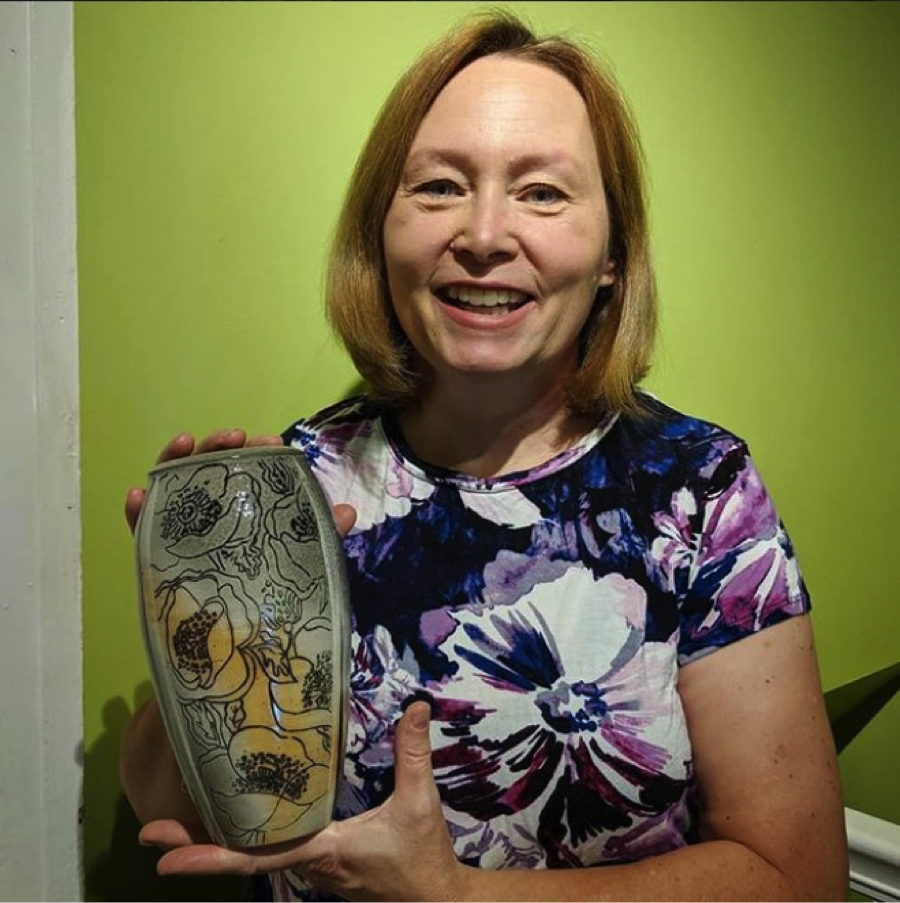
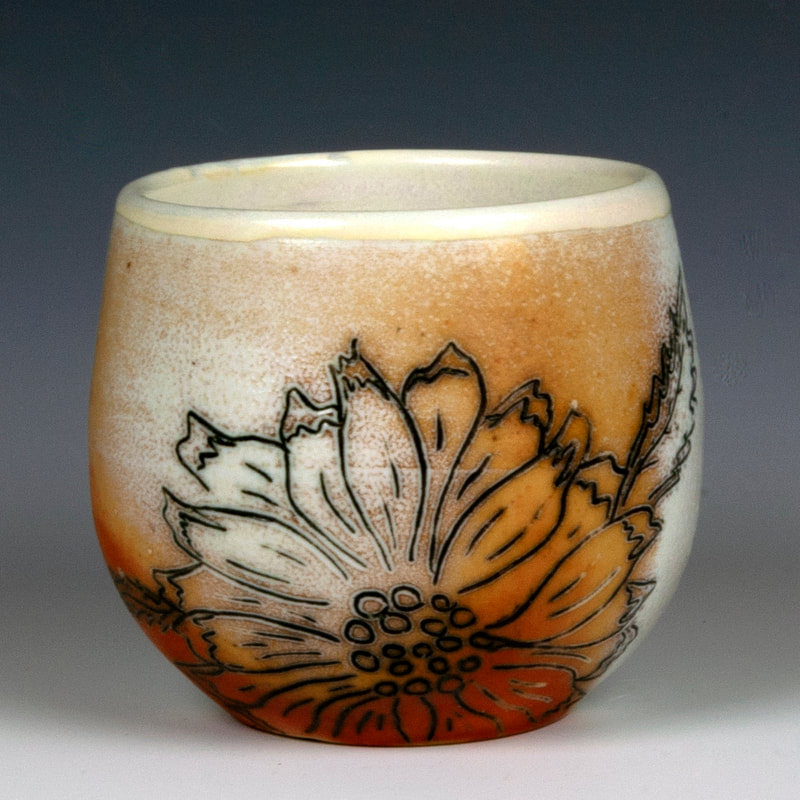
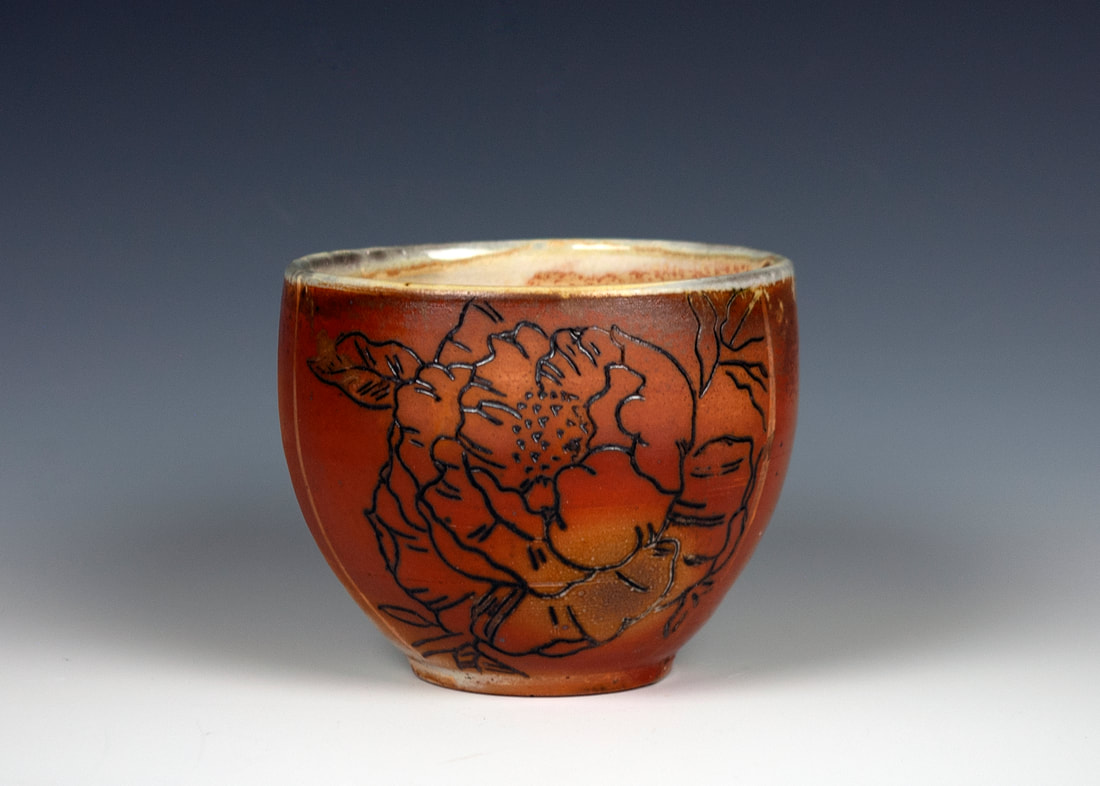
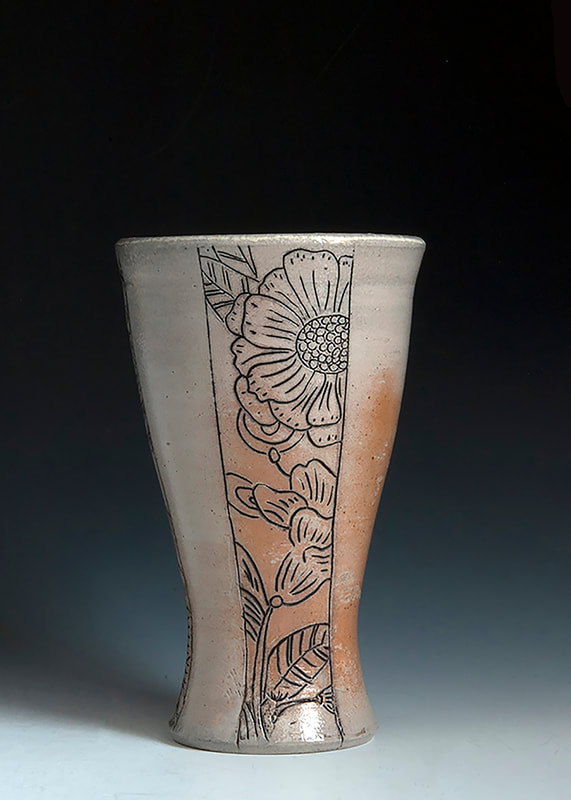
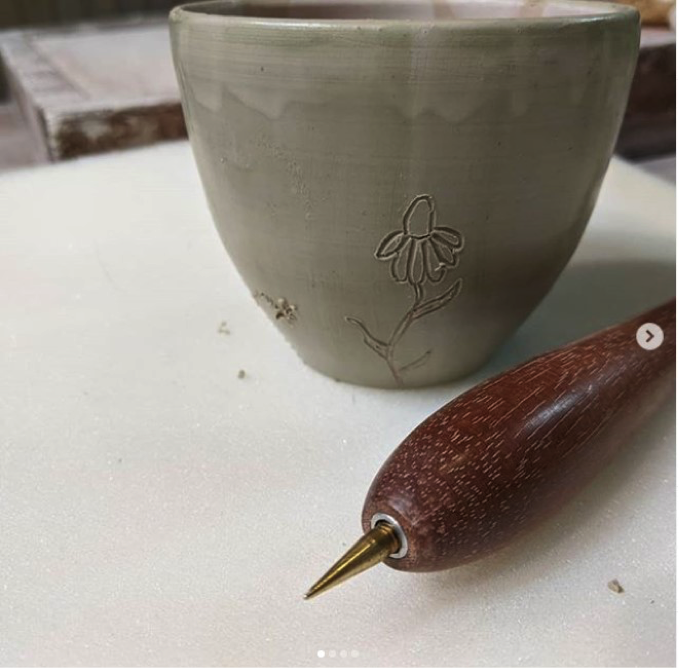
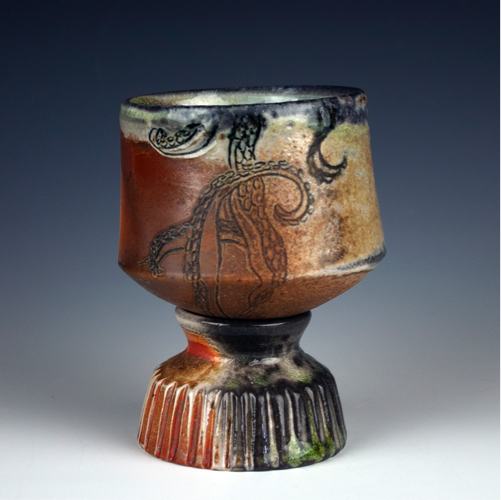
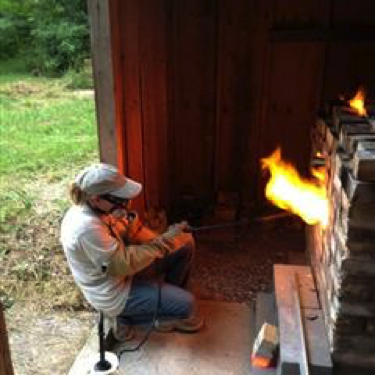
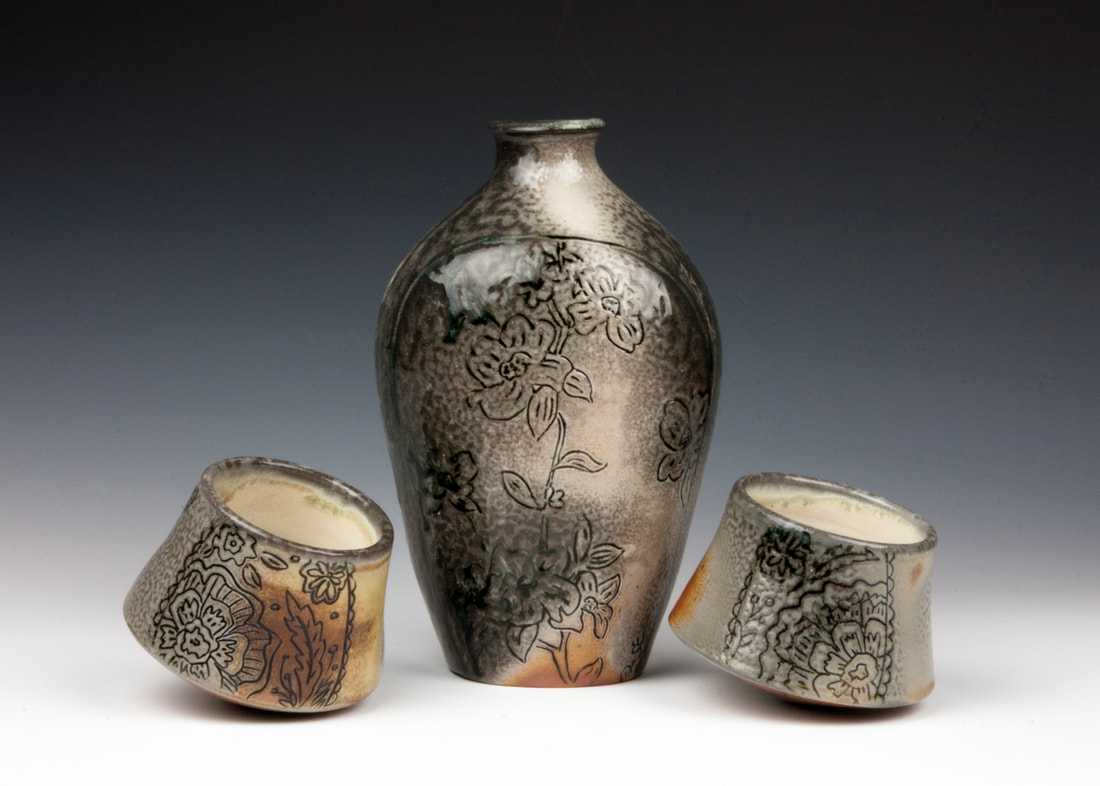
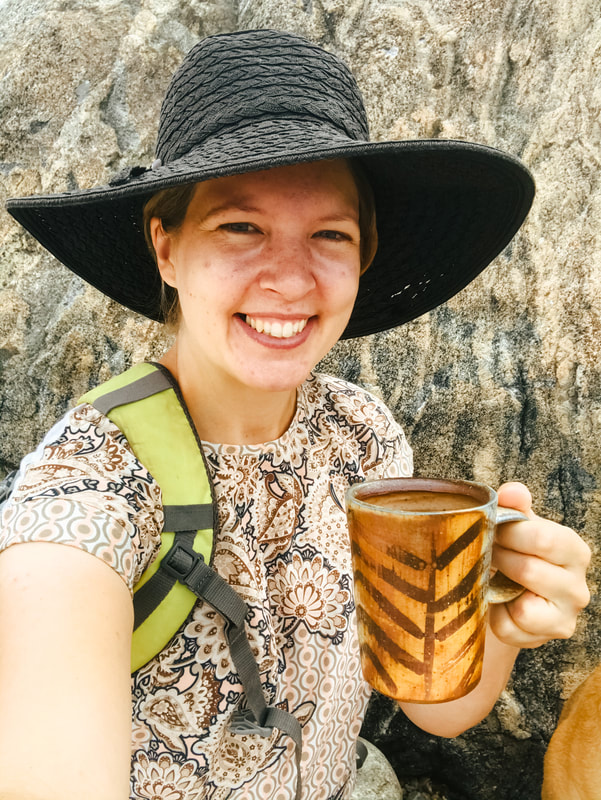
 RSS Feed
RSS Feed